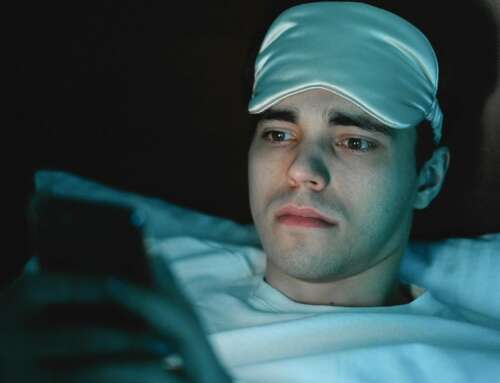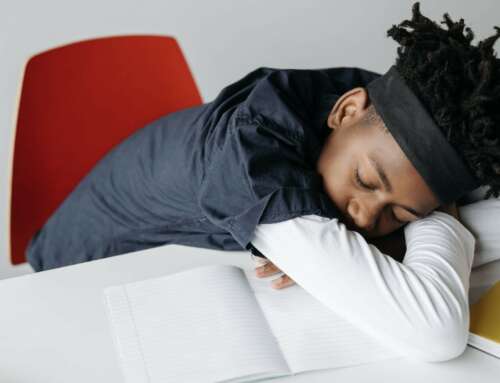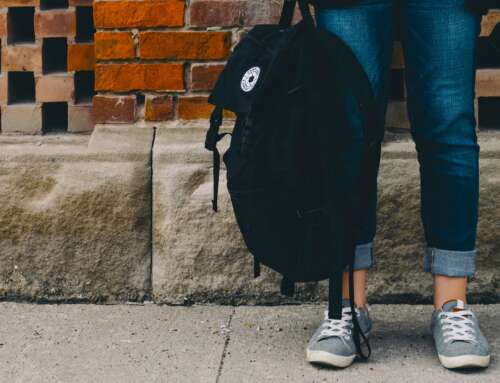BOSTON — Patients with comorbid depression and insomnia who sleep at least 7 hours nightly are more likely to benefit from cognitive-behavioral therapy for insomnia (CBTI) and achieve depression remission, preliminary results from the Treatment of Insomnia and Depression (TRIAD) Study show.
Sleeping 7 hours or more nightly before starting treatment increased the chances of achieving both depression and insomnia remission, explained lead author and co-principal investigator, Jack D. Edinger, PhD, professor in the Section of Sleep Medicine at National Jewish Health in Denver, Colorado.
Sleep a Player in Recovery
Study participants included 104 adults (75 women; mean age, 47.8 years) meeting Diagnostic and Statistical Manual of Mental Disorders, Fourth Edition, Text Revision criteria for major depressive disorder and primary insomnia. At baseline, mean Hamilton Rating Scale for Depression (HAMD-17) score was 22.5 and mean Insomnia Severity Index (ISI) was 20.6. All participants completed one night of polysomnography at baseline.
Participants received 16 weeks of antidepressant medication and were randomly assigned to CBTI or sham insomnia therapy. The HAMD-17 and ISI were administered biweekly during treatment to determine depression and insomnia remission (scores < 8 on last observation).
Patients in the CBTI group who got at least 7 hours of sleep per night had a 62.5% depression remission rate at the end of the study. Remission rates for patients sleeping 5 or 6 hours a night were much lower, ranging from 18.2% to 42.1%, Dr Edinger reported.
This study shows that objective sleep duration moderates the probability of remission in patients with comorbid depression and insomnia, he noted. Sleep durations greater than 5 and greater than 6 hours increase the chances for insomnia remission with CBTI, but not depression remission. However, durations of greater than 7 hours optimize chances of both insomnia and depression remission in response to CBTI.
– Megan Brooks
Read More: Sleep Important for Recovery in Comorbid Depression, Insomnia
Image by Gregory Pappas from Unsplash







Leave A Comment